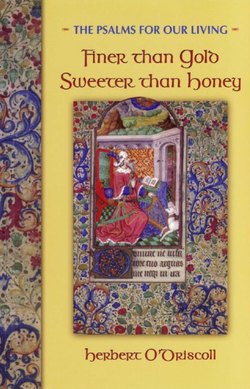Читать книгу The Psalms - Herbert O'Driscoll - Страница 18
На сайте Литреса книга снята с продажи.
ОглавлениеPsalm 11
In the Lord have I taken refuge;
how then can you say tome,
“Fly away like a bird to the hilltop.”
Thomas Merton, the Trappist monk whose writings became a major part of twentieth-century Christian life, spent the first half of his ordained life in the seclusion and detachment of Gethsemane Abbey. Though he did not often leave the abbey, he spent the second half of his life in passionate involvement in the divisive issues of American society during the nineteen sixties and seventies.
At the point of change in his stance, Merton wrote a book whose title explains his change of attitude. He called the book Conjectures of a Guilty Bystander.
Merton’s change of attitude would be understood by the psalmist. Obviously, things are seriously wrong in his society. We are not given specifics, but we can surmise what is adrift. “The wicked … ambush … the true of heart.” It is becoming difficult to live a life of integrity. There is a reference to “those who delight in violence,” one of the sure signs of a troubled society. Most ominous, there seems to be some justification for saying that “the foundations are being destroyed.”
Much of what goes on in our own time allows us to identify with the thoughts and feelings of the psalmist—especially when we must choose a response to what is happening around us. The psalmist expresses the dilemma. “When the foundations are being destroyed, what can the righteous do?” For the psalmist, one of two courses seems possible. We can, as many advise, try to opt out and “fly away like a bird to the hilltop”—assuming we have the means and the opportunity.
But if we are people of faith, who try to base our actions and choices on trust in a righteous God, there is the certainty that our lives and actions are both observed and judged. “[The Lord’s] eyes behold the inhabited world.” Even more sobering is the knowledge that “[the Lord’s] piercing eye weighs our worth.”
For the psalmist, the choice is to reject escapism and accept action and service. “In the Lord have I taken refuge.” Whatever contribution can be made, the psalmist will make it, because” [the Lord] delights in righteous deeds.”
Is there an evil in your society or the world that particularly troubles you? Ask God what you could reasonably do to help alleviate or eradicate it. Remember that frequent and regular prayer for others, in the light of God’s presence, is a sacred act of charity.
